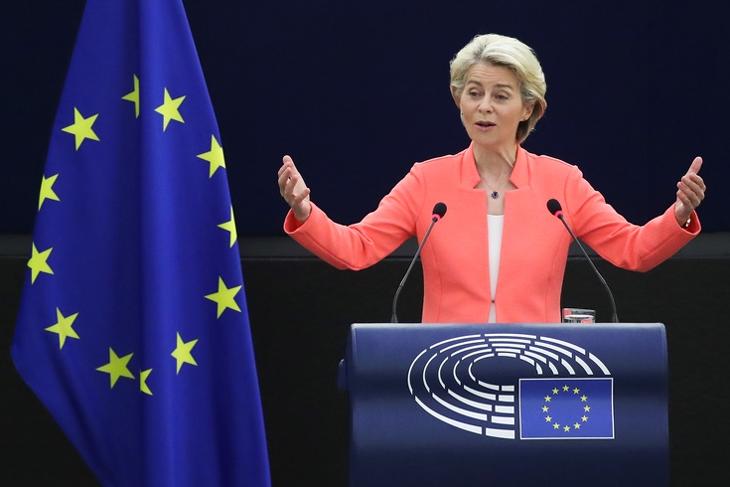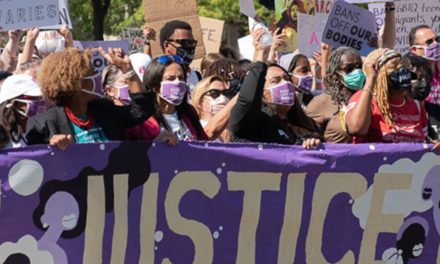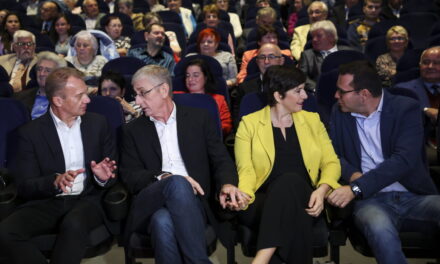How many times have we heard from Brussels politicians in recent years about the importance of acceptance, assistance and love for one's neighbor? Since the beginning of the migrant crisis in 2015, Hungary has been told countless times that it does not respect these values. However, now, when there is a real refugee crisis, and when Hungary is helping the real refugees, somehow Brussels does not consider the help important.
If a million people come, we can't do anything about it - this was the dramatic statement made recently by the mayor of Rzeszów in Poland, Konrad Fijolek . The politician indicated that they welcome all people coming from Ukraine, but also added that the country will eventually reach the limit of its absorption capacity. Rafal Trzaskowski spoke about something similar . So far, 300,000 people fleeing the war have arrived in the Polish capital, and although they are coping with the situation for the time being, they are close to being overburdened. On the Hungarian-Ukrainian border section, there is no mention of this for the time being, the Hungarian authorities are doing their job and, together with the aid organizations and the mass of self-sacrificing civilians, they are taking care of those fleeing the horrors.
In these days and weeks, Poland and Hungary are setting an example to the world in terms of humanity, compassion and organization.
He is doing all this despite the fact that in recent years both governments have been criticized and disapproved of in Brussels for their stance against illegal immigration. However, these are two completely different phenomena and when help is really needed, these two countries did not hesitate.
On the other hand, the European Union hesitates, which is again not busy with solving the problem facing its member states in practice.
Interestingly, in recent years, Brussels bureaucrats have come up with more hair-raising plans than the hair-raising ones to deal with migration almost every month, from mandatory quotas to the opening of legal migration channels. However, now, when there are two EU countries that really need help, because hundreds of thousands of real refugees are coming to them, we are only getting pats on the back for the time being. Margarítisz Szkínász talked about the Hungarian-Ukrainian border in the past few days , that they are with the Hungarian people, and that Viktor Orbán hastily declared that no help is coming, concrete financial or any other support is still waiting, so Warsaw and Budapest is once again forced to solve the task assigned to it alone.
Of course, Brussels politicians have always been masters of big words and small actions,
but for once, it would have been really good if, instead of allowing arms shipments and constantly floating energy sanctions, they would actually step into the field of action and see their primary task as organizing and helping refugees entering EU territory. And I'm really just asking very quietly, where are the Frontex units established to secure the EU's external border and strengthened in recent years? Shouldn't their job now be to help the refugees get out of Ukraine as easily as possible together with the Hungarian and Polish authorities?
This is the umpteenth crisis that the European Union cannot handle.
And I am no longer talking about the task of an equally strong community to mediate between opposing parties. After all, the war is still raging on our continent, threatening our peace. However, it is the Turkish president, Recep Tayyip Erdogan, and Naftali Bennett who mediate, who provide a venue for negotiations - for now, unfortunately, they too have had little success.
But shouldn't the High Representative for Foreign Affairs or the President of the European Commission, Ursula von der Leyen , or anyone else, stand up now and say that we should finally take control of the future of the continent?
However, this has long been a pipe dream. However, it should not be that the EU fulfills its basic humanitarian duties. Unfortunately, this crisis also proves what the economic crisis of 2008, then the migration crisis of 2015 and most recently the coronavirus epidemic also showed: the EU decision-making system is completely outdated and cannot provide adequate answers to the challenges of a rapidly changing world. However, with the dizzying speed with which events are taking place around us, it would be time to change this.
Source: vasarnap.hu/Zoltán Kaszab
Featured image: MTI












